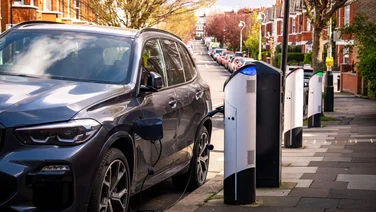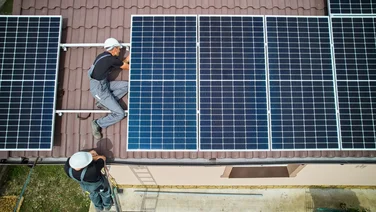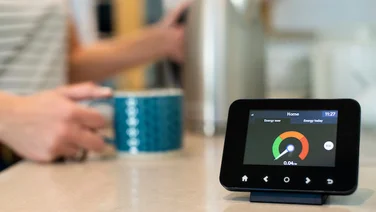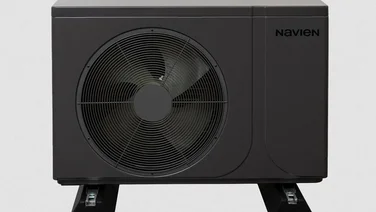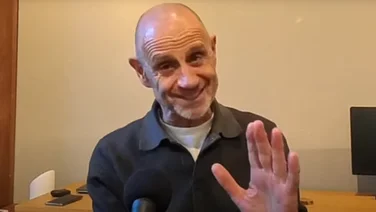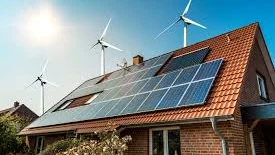YOU MAY have heard about the two nuclear reactors planned for Hinckley Point, which the government has agreed a deal for with EDF. They will take 10 years and £8bn each to build. They’ll supply about 7% of the UK’s energy but the price approved by the government has been criticised: it’s about twice the market rate, and the model of nuclear reactor is already outdated compared to new fast reactors that can be fuelled using nuclear waste.
The Eco Experts was asked to comment on this by Power Technology. We replied that the UK’s long-term energy solution was renewable energy, but in the short-term we need a combined strategy. Here are some of our answers, and a link to the full story is at the bottom.
(NB: We were asked about the big picture of nationwide energy. On a smaller scale, all of us individually or in local communities can generate energy ourselves using solar, wind, biomass or heat pumps.)
1.If the government had decided not to build a nuclear power station, in your opinion, what alternative energy investment could the government have made to provide future energy security and push down energy prices?
A more appropriate model of nuclear plant would be best. Nuclear would be the technology we rely on while we graduate to renewable energy. We should have started to think seriously about renewable energy back in the 80s, instead of just saying that was a German thing.
On a domestic level the best renewable technology is solar, unless you live in the far north or have a roof that gets no sun. The ROI is great, the feed-in tariff works for 20 years and the panels last 50 years in total. Combined with energy-storage and an energy meter, you can generate more than with panels by themselves, and will become smarter about how you use your electricity.
On a community level, solar and wind projects empower villages and towns to generate their own energy as well as providing investment opportunities they can see and touch, rather than just sticking their money in a bank.
And on a nationwide level, being an island in the Northern hemisphere, the big contributors to the grid would be wind and tidal. Just as Saudi Arabia has oil, we have wind.
For future energy security we have to invest. You cant have it both ways, at least not at first. The long term answer is renewables, but we need investment and to be conscientious of the fact we are building an infrastructure. In another fifteen years we could have 40% of our national power demand supplied by renewable energy. In another thirty, who knows?
If people start to think more independently about their own energy and invest in domestic microgeneration and energy storage, two things will happen. The first, rather obviously, will be they save money. The second will be they become aware of how much energy they use and how much each of their appliances uses. With the installation of energy storage and smart meters we would be looking at quite profound behaviour change in homes across the UK.
2.What else do you think is relevant about the nuclear power plant scheduled for Hinckley Point?
The particulars of this deal the government is making on our behalf are important. Anyone who doesnt like the sound of being subject to the Hinckley deal would be well advised to make their own energy arrangements, although that will require learning another way of thinking about the energy they use. Renewable energy is not yet able to power the whole country but can work for individual homes and local communities.
Personally I believes the UK should make a definitive guide to renewable investment. At the moment theres no guide that says, in this area use this renewable technology not that one, etc. One of the reasons people get confused is that there is little understanding of which technology goes where.
Full article here. Thanks to Heidi who wrote the piece.
